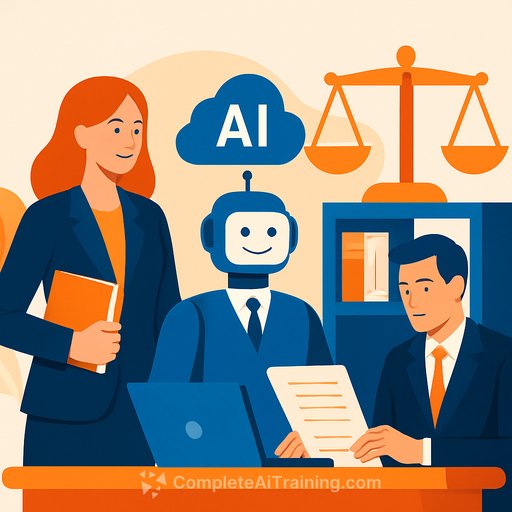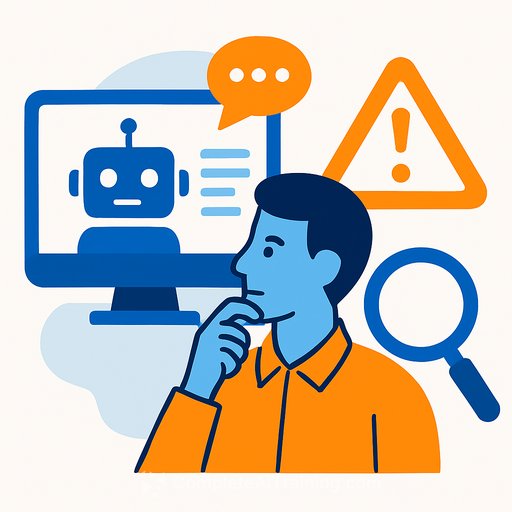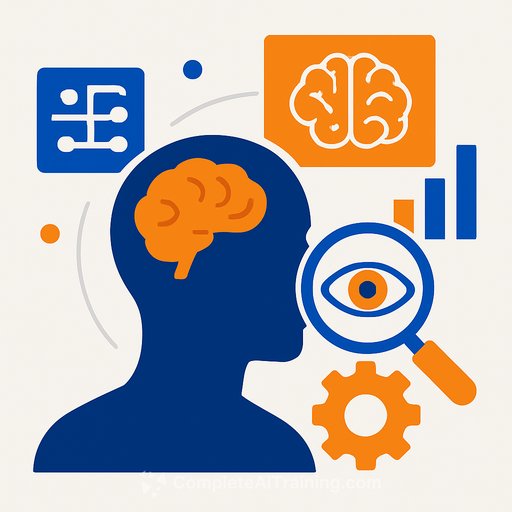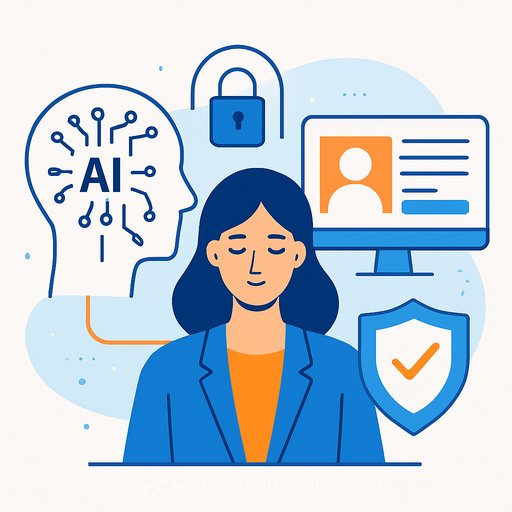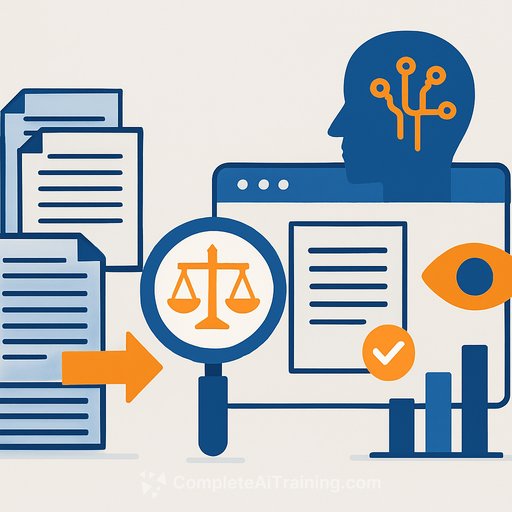Ashleigh Whittaker: "Lawyers who use AI will replace lawyers who don't"
Ashleigh Whittaker built her career in commercial litigation-defence and plaintiff work, regulatory disputes, class actions, and public inquiries. Now Harvey's Australia country manager, she road-tested the platform through her litigator lens and saw how it can take on sophisticated work that used to burn hours after dark.
Her takeaway was simple: if a tool consistently improves accuracy and speed while lifting the quality of output, it's worth your attention. That conviction brought her to Harvey's new Sydney office-and back to a city where taking a ferry to work still feels like a small miracle.
From courtroom grind to AI-enabled practice
Whittaker started using Harvey on tasks she knew inside out. The result: faster issue spotting, stronger first drafts, better gap analyses, and fewer late nights cleaning up routine work. Early days or not, the signal was clear-AI can raise the floor and lift the ceiling of legal work.
That matters for firms and in-house teams under pressure to do more with less. It also matters for juniors, who can move from rote tasks to higher-order work sooner-provided supervision stays tight and review remains non-negotiable.
Why firms need to start now
AI adoption compounds. Firms building muscle today will keep pace as models improve, policies mature, and client expectations shift. Wait too long and you won't just be slower-you'll lose the work before the pitch.
One customer story says it all. On a panel asked to scope work, non-AI firms took time to price the job. An AI-enabled team used Harvey to produce a substantive answer on the spot. That answer built trust and won future instructions. The return isn't just efficiency-it's business development.
What AI-enabled lawyering looks like
- Research and scoping: rapid first-pass research, issue maps, and gap checks, verified by counsel.
- Drafting: briefs, letters, chronologies, and summaries that hit 60-80% and accelerate to final.
- Review: clause comparisons, policy checks, and citation cross-references with a documented audit trail.
- Client service: faster answers, clearer alternatives, better risk framing-without inflating hours.
A practical 30-60-90 day plan
- Days 1-30: Pick two workflows (e.g., research memos, clause reviews). Define success metrics: time saved, accuracy, satisfaction.
- Days 31-60: Build a prompt library. Standardize review checklists. Track variance between AI drafts and finals.
- Days 61-90: Expand to one contentious and one transactional use case. Share case studies with partners and clients.
Guardrails that keep quality high
- Always-on review: no unsupervised outputs to clients or courts.
- Data hygiene: keep confidential data within approved, enterprise tools.
- Attribution: cite sources, flag uncertainty, and log assumptions.
- Training: teach juniors prompt structure, verification steps, and red flags.
Ethics, confidentiality, and client trust
Treat AI like any tool that touches client work: supervise, verify, and protect data. Tell clients where AI helps you deliver speed and quality-and where human judgment leads.
For a clear view on professional duties in this area, see the ABA's guidance on lawyers' use of AI (Formal Opinion 512).
Career note: why Sydney, why now
Whittaker's move home is personal and practical. Building Harvey's presence in Australia puts her close to firms hungry for an edge-and back on a ferry to work, which she calls a daily reminder of what makes this city special.
Bottom line for legal teams
AI won't replace lawyers. But lawyers who use AI will replace lawyers who don't. Start small, prove value, set guardrails, and scale. The firms doing this today will win the work tomorrow.
Want structured, practical upskilling for your team? Explore AI courses by job at Complete AI Training.
Your membership also unlocks:

